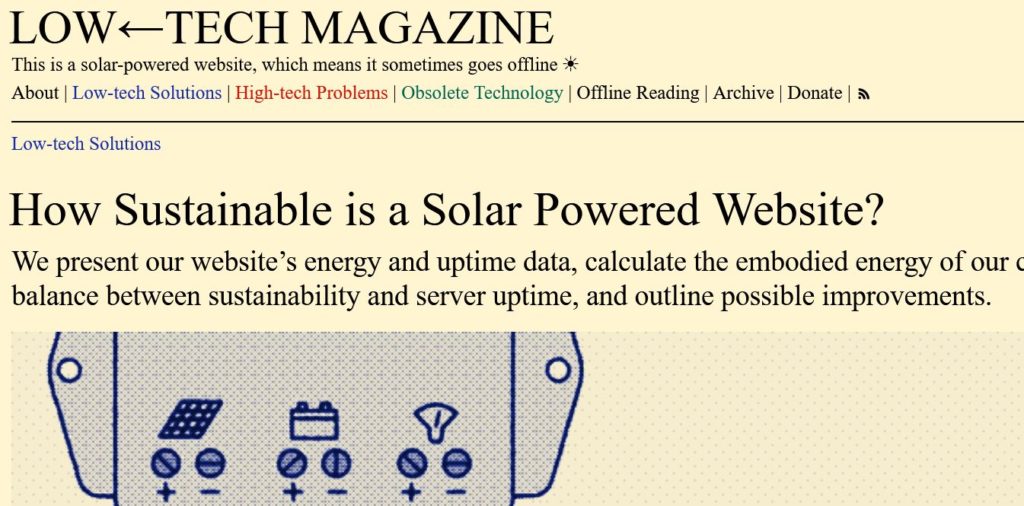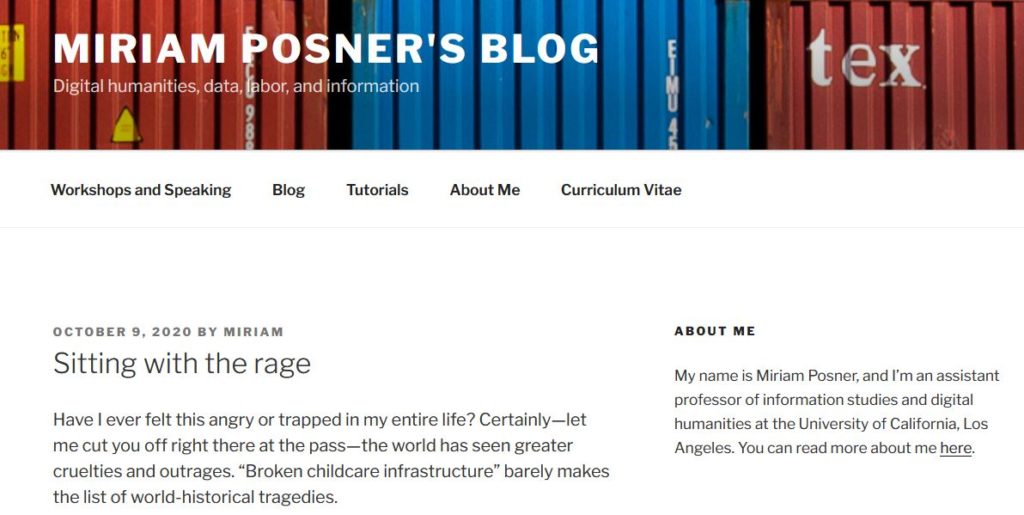Welcome to 5 Quick Things that I saw since last month that I thought were interesting enough to share with you. None of them are particularly timely so feel free to just enjoy 🙂
I am cheating a little and back dating this entry but it’s just because I have so many things to share and I don’t want to have missed a month after nearly two years of monthly updates so just deal with it okay?
>Number One<
Low Tech High Tech

You ever wonder what happens if society collapses? I’m sure you don’t, no one would bother which such ridiculous ideas and high minded scenarios which seem both unlikely and absurd but let’s just hold it in our heads for a minute.
Anyway this website specifically narrows in on two ideas: how can we solve problems with low tech solutions which are implementable that can help us reduce consumption and why are there so many high tech problems and how can we solve some of them? Certainly all noble goals and interestingly enough kind of important to the zeitgeist right now in more ways than one. The site is run very interestingly through only solar power and a extremely low tech system and the site is optimized to be less dynamic in order to reduce energy consumption a thing I have almost never thought about in our exceedingly dynamic world wide web that gobbles up energy at an alarming rate each year. If nothing else the thought experiments that happen from poking around the site are worth it, for more handy people though some of these ideas can be implemented for future-proofing your surroundings.
>Number Two<
Intersectionality and Complication

Okay this is a long read but it’s a really interesting and important one about the cross section between racism and antisemitism and how we can address where they are actually pitted against each other or when people will only work against one of these causes. Not simply touching on the ways in which Blacks and Jewish people have often been pitted against each other (never mind how this erases Black Jews) but also on how we can and need to make sure people join across all causes of liberation. Anyway it’s impossible to summarize what is a good half hour read in any single paragraph but I found this both very thoughtful and helpful in articulating some of my personal frustrations I’ve had, especially with British politics and coverage surrounding antisemitism lately.
>Number Three<
Undercover Culture
It probably won’t surprise you that being gay publicly was a bit dicey in society for a while there. It’s not always a basket of kittens these days but before the 70s it was a criminal act in the UK so one of the ways people would get around this was by creating their own system / code to subtly ask people if they were “on their team” or to exchange information. While Polari isn’t a full language, it’s a set of jargon or slang which is used as a form of code switching for the gay subset in the 19th-20th century. Rowan Ellis does a great dive on how it formed, how it was used, and ultimately why the usage stopped and it’s influence and impact on modern slang.
>Number Four<

The Lies Are Free
I have probably linked this article more in the past two months than any other. This article gets to heart of something I have been a little blinded to. You see, I like to think of myself as a fairly saavy internet user and also pretty well informed. I don’t watch cable news but instead I like to read the headlines from AP and deep dives from a variety of well checked sources and trusted news sites…many of which are generally pay walled. You can get around pay walling in many ways but for the average user this is just going to take too much time so if they google a news item they saw on Twitter or FB and land on NY Times only to be unable to read the article there due to pay wall the reality is that they’re likely going to land on a less than reputable website next because it’s free and it has the appearance and keywords of “news.”
We do this on all levels, this gating of knowledge via economic means (college comes to mind) and while this is a huge problem in general as the article states
Hopefully someday our patchwork of intentionally-inefficient libraries will turn into a free storehouse of humanity’s recorded knowledge and creativity. In the meantime, however, we need to focus on getting good and thoughtful material in as many hands as possible and breaking down the barriers we can.
>Number Five<
I’m Mad as Hell and I Have Chores

I want to summarize this post for you in a neat bow but I’ve read it three times since I saw it last month and I just find myself out of things to feel about how America isn’t structured to take care of people, and worse yet, it isn’t structured so that people can take care of each other either. These are trying time of course, special once in a century circumstances of course! But the thing is, there no safety net during the regular time. There’s no consideration for people in regular times that the extra layer of cruelty and negligence during this, the actual difficult time, can’t even be suffused or managed at all – it’s a blunt force trauma. A wrecking ball. There’s an article going around now “Other countries have safety nets, the US has women” and it’s just true.
Alright folks, that’s it for this month, see you next month!
